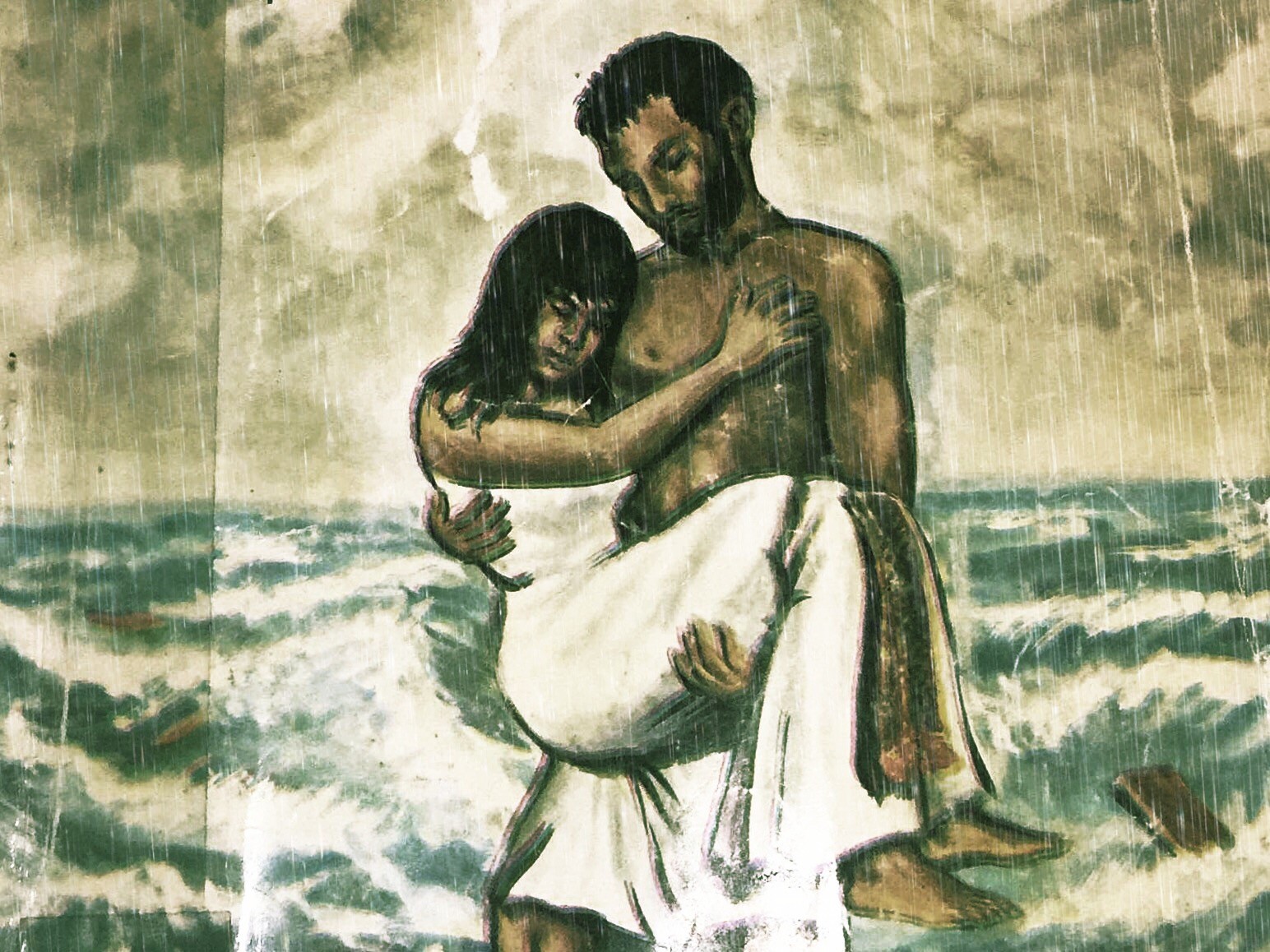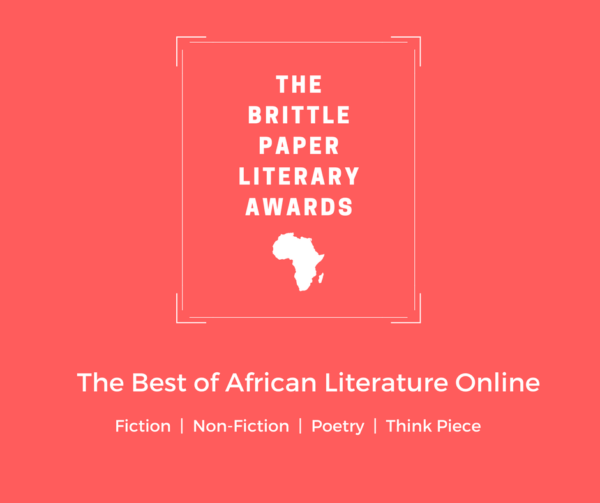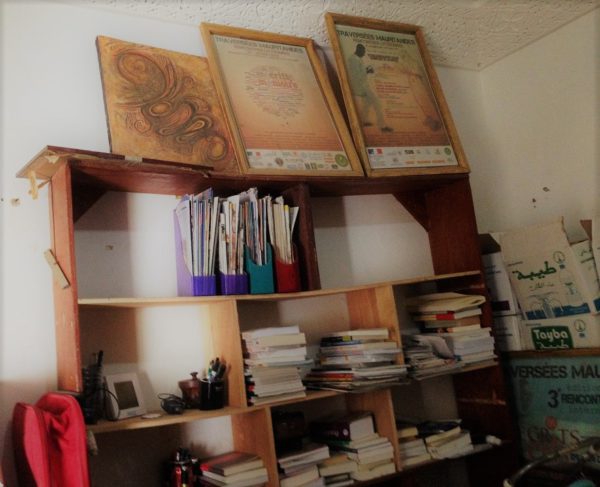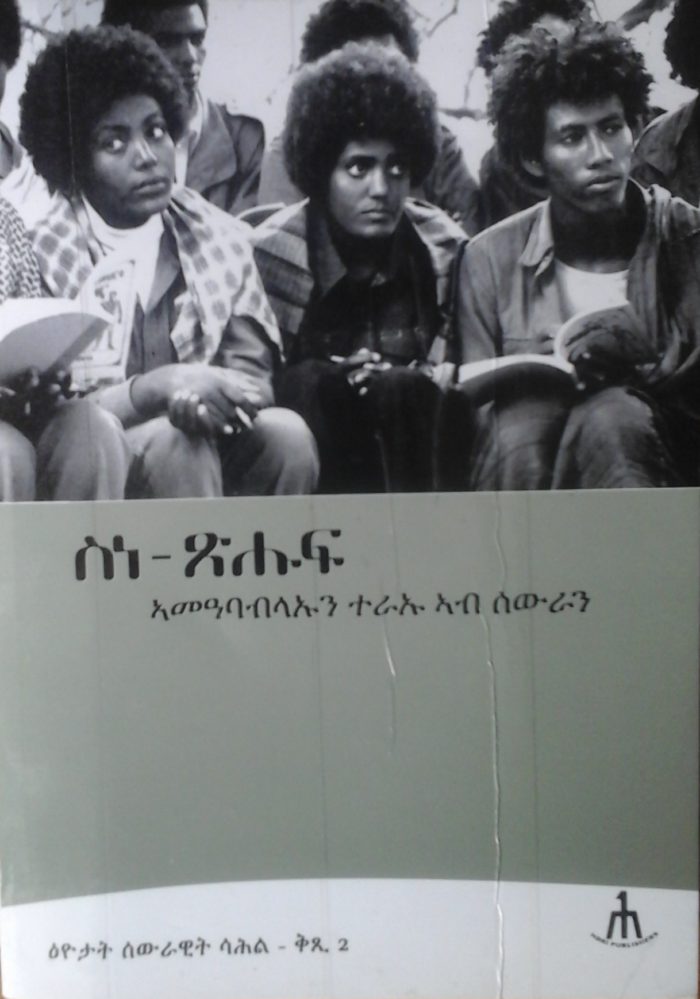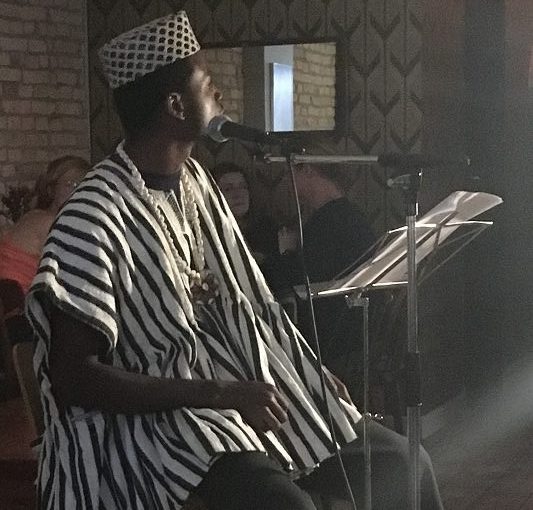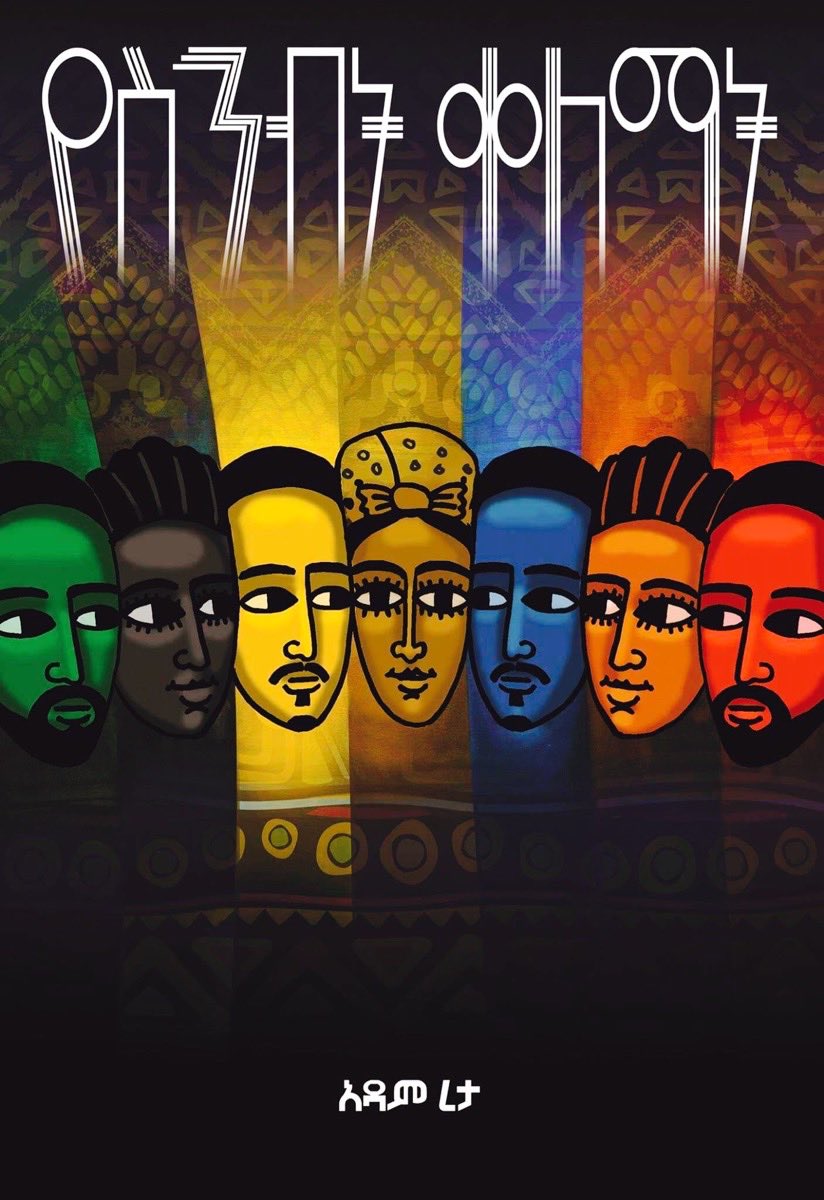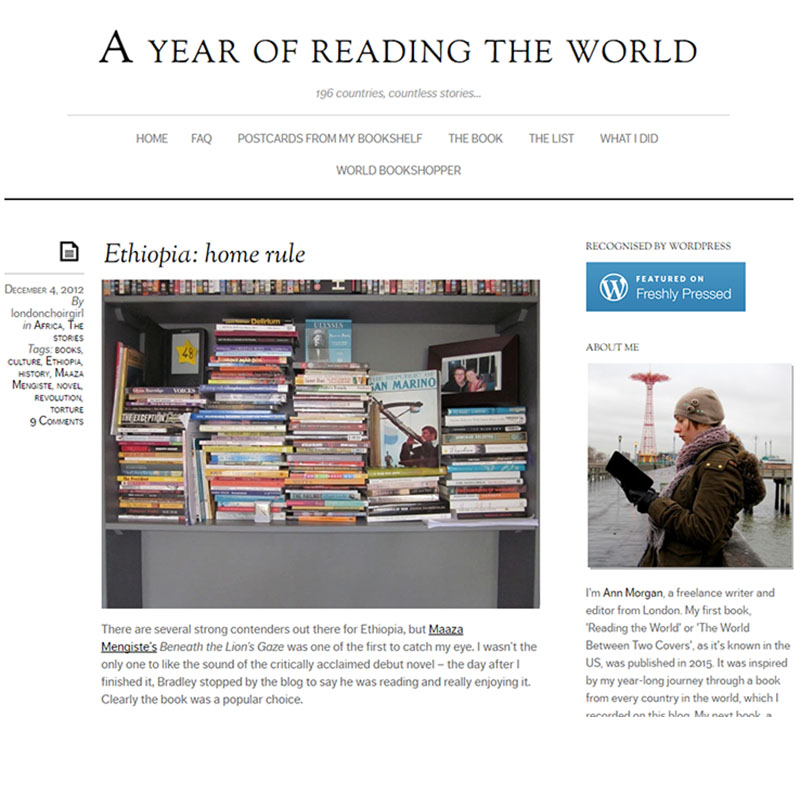Poetic inserts and the art of persuasion in the Somali novel “Aqoondarro waa u nacab jacayl” (“Ignorance is the enemy of love”) by Faarax M. J. Cawl
Ruixuan Li is a first year PhD student at SOAS University of London focusing on modern Somali poetry. Her research looks at the complex identities expressed by the new generation of Somali women poets through a comparative study of their poetry in Somali and English. Ignorance is the enemy of love: the novel


